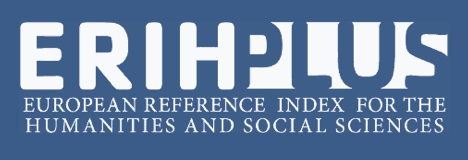AI in the Workplace: Uncovering Its Impact on Employee Well-being and the Role of Cognitive Job Insecurity
Abstract
We created a model on the basis of Social Identity Theory in which the identity threat provided by artificial intelligence (AI) raises employees’ feelings of job insecurity, which in turn has a detrimental impact on the employees’ well-being. This way of thinking rests on the notion that there will be less of a need for people to work in the future because of advances in artificial intelligence. The findings are supported by data obtained from a representative sample of 253 employees over a predetermined period of time. These employees were drawn from a wide variety of industries and businesses in Pakistan. To assess the suggested model, a Confirmatory Factor Analysis was conducted, and the direct and indirect effects of the model’s variables were examined using PROCESS MACRO model 4. The adverse effects of the AI Identity Threat on employee well-being have been identified. It was found that cognitive job insecurity functions as an intermediary element in the relationship between AI Identity Threat and employee welfare. The results of our study offer empirical evidence in favour of the assertion that a cognitive impression of job insecurity functions as an intermediary, thereby alleviating the detrimental effects of AI identity threats on employees’ welfare. The assertion was substantiated by the results obtained from our investigation, which was undertaken to explore this inquiry. The results suggest that it would be beneficial for organisations to develop training initiatives that support employees in effectively adapting to AI technology. The objective should be to assist personnel in acclimating to emerging technologies. Furthermore, an appraisal of the implications of our research findings is required, along with prospective strategies for broadening the scope of future investigations.

This work is licensed under a Creative Commons Attribution-NonCommercial 4.0 International License.













.jpg)








